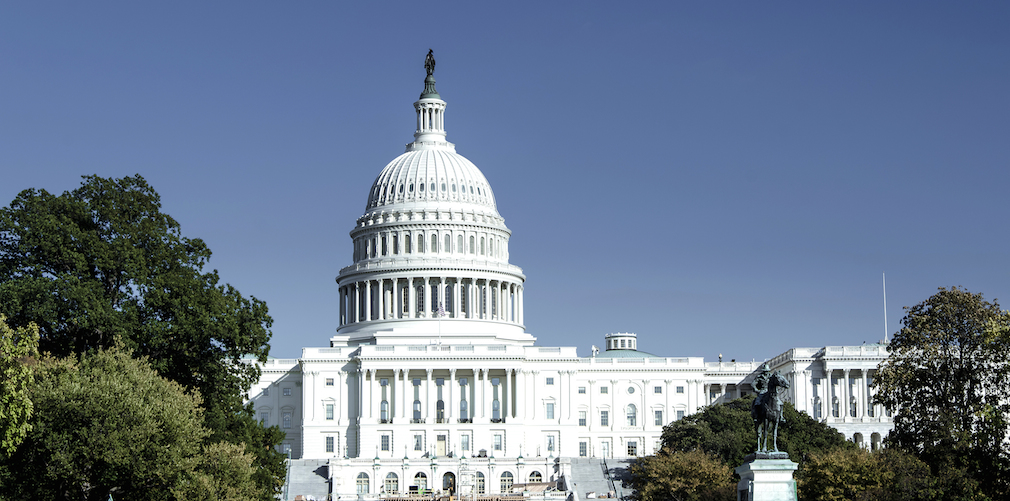The Senate announced Thursday it would postpone the vote on its Dodd-Frank reform bill until sometime this week after it couldn’t agree on the bill’s more than 100 amendments.
Last week, the Senate passed a motion to proceed to debate on S. 2155, a bill that would overhaul major parts of the Dodd-Frank Act. Originally, the Senate expected to vote on it at some point last week.
However, members of the Senate have since been unable to agree on which of the more than 100 proposed amendments should be included with the bill. The Senate announced it would vote of a series of the bill’s amendments early this week.
Monday, the Senate scheduled to vote on a motion to invoke cloture on one of the bill’s amendments, #2152, at 4:30 p.m. ET.
More than 80 of the 100 proposed amendments come from Democratic critics of the bill, and would limit the number and type of banks that would be helped by the bill.
Late last year the Economic Growth, Regulatory Relief and Consumer Protection Act, which was sponsored by Banking Committee Chairman Mike Crapo, R-Idaho, with nearly 20 co-sponsors on both sides of the aisle, was introduced in the Committee on Banking, Housing and Urban Affairs.
But while the bill is bipartisan and holds significant support from the housing industry, it does still have its critics. Read more about the ongoing debate, here. However, despite the opposition, the bill is expected to eventually pass in the Senate.
Republicans have also added their fair share of amendments. For example, the Senate must also consider a substitute amendment from Crapo that would expand the bill’s scope. The amendment eases security laws in order to compromise with House Republicans, and compromises with Democrats by adding several consumer protections.
But while most expect the bill to pass in the Senate, it is uncertain what turn it will take in the House, as it seems House Financial Services Committee Chairman Jeb Hensarling, R-Texas, wants to take the bill even further, according to one of the bill’s critics.
“To make matters worse, Chairman Hensarling has now indicated that he believes the bill doesn’t go far enough, and is demanding that the Senate pack this already bad bill with even more harmful bills,” said the committee's Ranking Member Maxine Waters, D-Calif. “Among other things, those bills would allow payday lenders to evade state interest caps, force regulators to loosen rules that the financial services industry considers inconvenient, and weaken stress tests for megabanks.”







